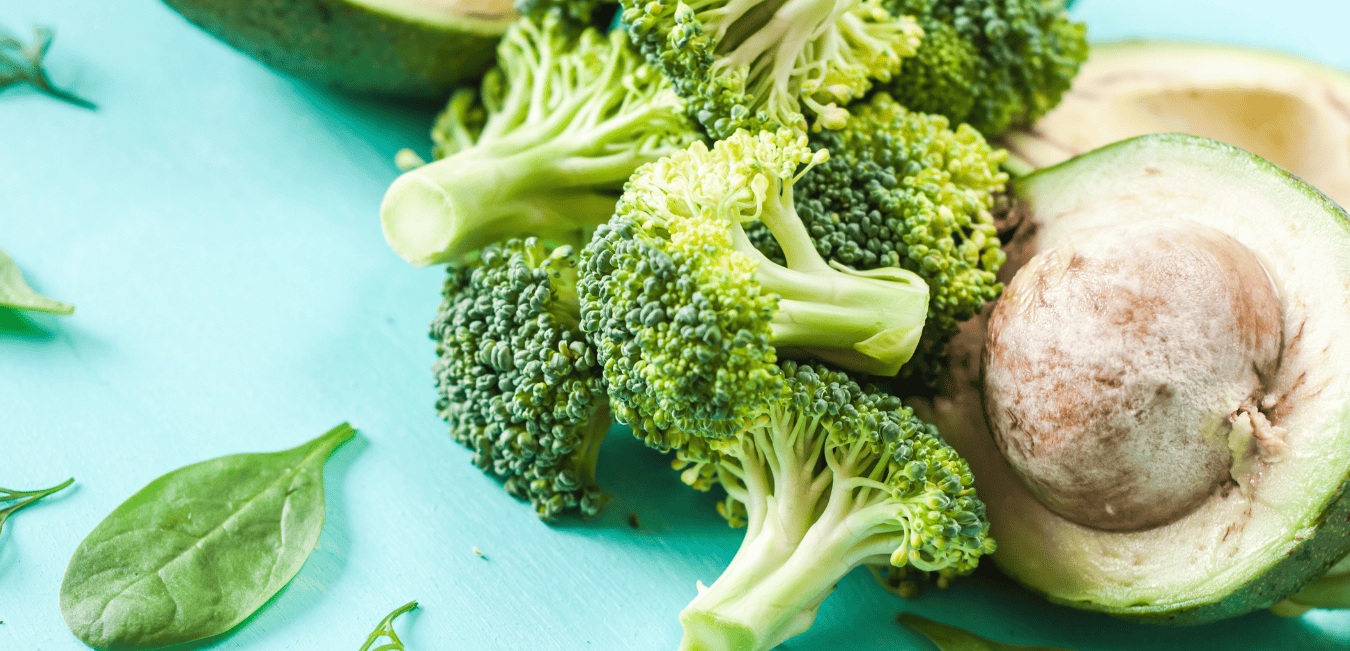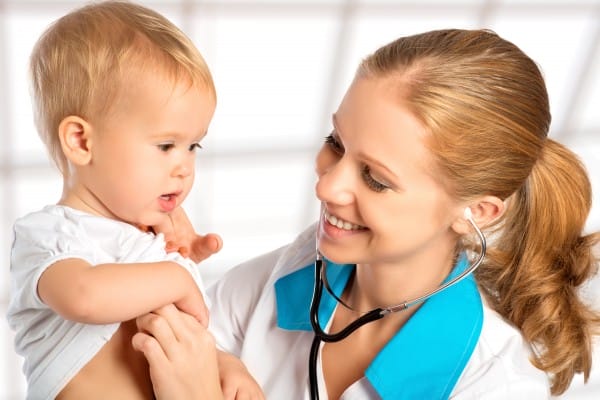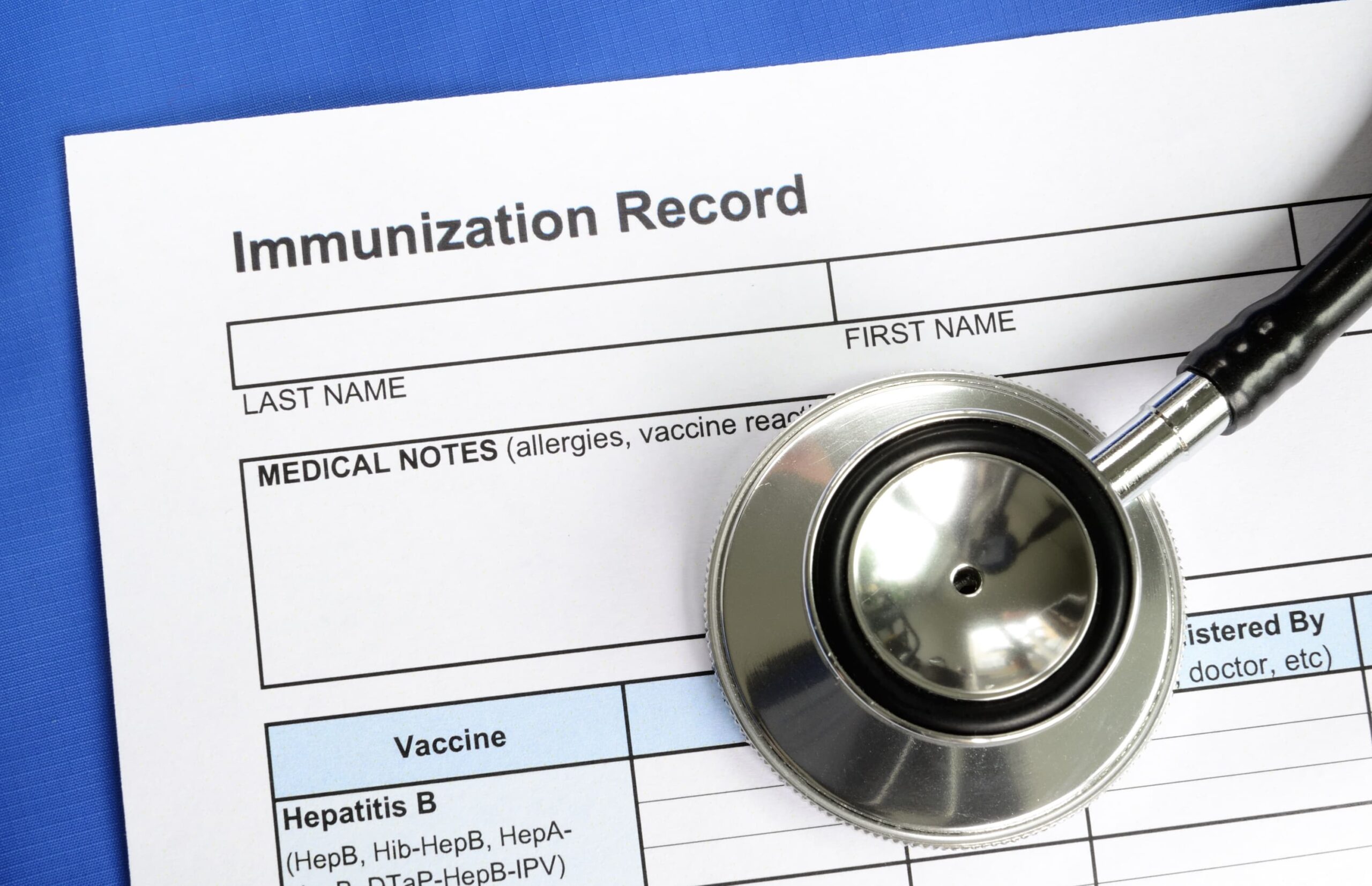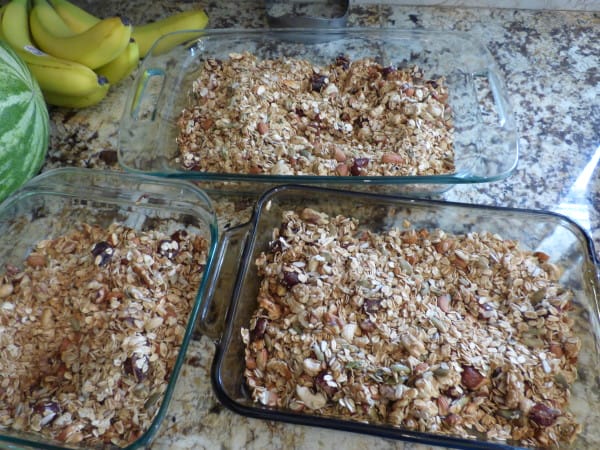Detoxification is a whole body process that involves the liver, intestines, kidneys, reproductive system, skin, lymphatic system, and lungs. Each of these organ systems are responsible for different aspects of detoxification and they all need to be working together to support good, glowing health.
Endogenous VS Exogenous Toxins
Detoxification is the process by which the body removes chemicals called toxins that can harm us. Most of these toxins are a product of the body’s natural metabolic processes; these are called endogenous toxins. Our bodies have evolved to neutralize and eliminate endogenous toxins efficiently.
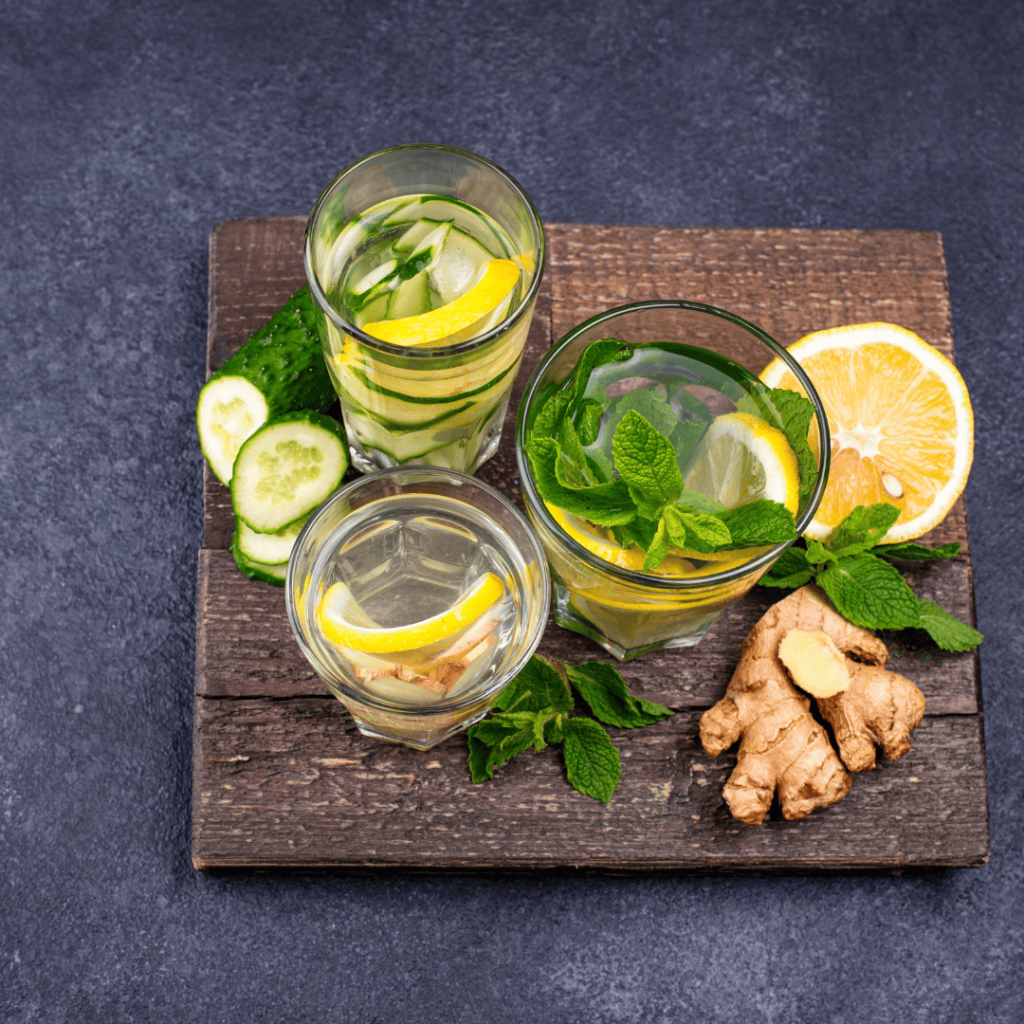 We also consume toxins from the world around us in the form of pesticides, heavy metals, preservatives, pollution, and more. These are called exogenous toxins. Our bodies are able to process and excrete exogenous toxins as well.
We also consume toxins from the world around us in the form of pesticides, heavy metals, preservatives, pollution, and more. These are called exogenous toxins. Our bodies are able to process and excrete exogenous toxins as well.
Toxic Overload
Toxic overload occurs when we consume and generate more toxins than our bodies can handle. When this happens, toxins build up and cause problems. These problems can be nonspecific like fatigue, pain, and brain fog, or they can be inflammatory symptoms focused on various organ systems.
Ways To Support Detoxification
To support detoxification we have two options:
- Reduce the toxic burden on the body to give the organs of elimination a chance to catch up.
- Improve the function of the organs of elimination so that they can process more toxins.
Reducing The Toxic Burden
To reduce the toxic burden on the body, I often prescribe a 1-4 week diet that eliminates sugar, caffeine, alcohol, wheat, dairy, soy, eggs, and food additives of all kinds while focusing on whole foods, hydration, and lots of plants. Other types of environmental toxins can also be considered.
Elimination diets must be modified for individual needs. For example, I don’t recommend strict elimination of food groups for children unless absolutely necessary. Importantly, people who have a history of eating disorders require an approach that focuses more on foods to add rather than foods to avoid.
Improving The Function Of Organs Of Elimination
To improve the function of the organs of elimination, simple steps like drinking more water and eating specific medicinal foods like dark leafy greens, and high fiber foods can often be enough. Chia pudding is a great high-fiber addition to the diet.
Herb and nutrient supplementation can further support the organs of elimination to improve detox capacity. It is important to take into account the needs of the individual when considering supplementation. For example, women who are pregnant and breastfeeding should focus on adequate hydration and healthy foods and avoid most herbs that promote detoxification. This is to avoid depositing excess toxins in the placenta or breast milk. While children can have herbal remedies that promote detoxification, it’s important that the strength and type of herbal formulation take into account their more delicate systems. For more information, read 10 Ways To Support Detoxification In Kids.
Summary
Detoxification is the process by which the body removes endogenous toxins that the body produces as a byproduct of normal metabolism and exogenous toxins that we consume from the world around us. Reducing the quantity of toxins that we’re exposed to and improving the health of our organs of elimination supports detoxification. The organs involved in detoxification are the liver, kidneys, intestines, reproductive system, skin, lymphatics, and lungs. Detox support can’t be one-size-fits all, especially because mothers, babies, and children all have different needs at different times of life.
References:
Cline J. C. (2015). Nutritional aspects of detoxification in clinical practice. Alternative therapies in health and medicine, 21(3), 54–62.
Aronica, L., Ordovas, J. M., Volkov, A., Lamb, J. J., Stone, P. M., Minich, D., Leary, M., Class, M., Metti, D., Larson, I. A., Contractor, N., Eck, B., & Bland, J. S. (2022). Genetic Biomarkers of Metabolic Detoxification for Personalized Lifestyle Medicine. Nutrients, 14(4), 768. https://doi.org/10.3390/nu14040768
